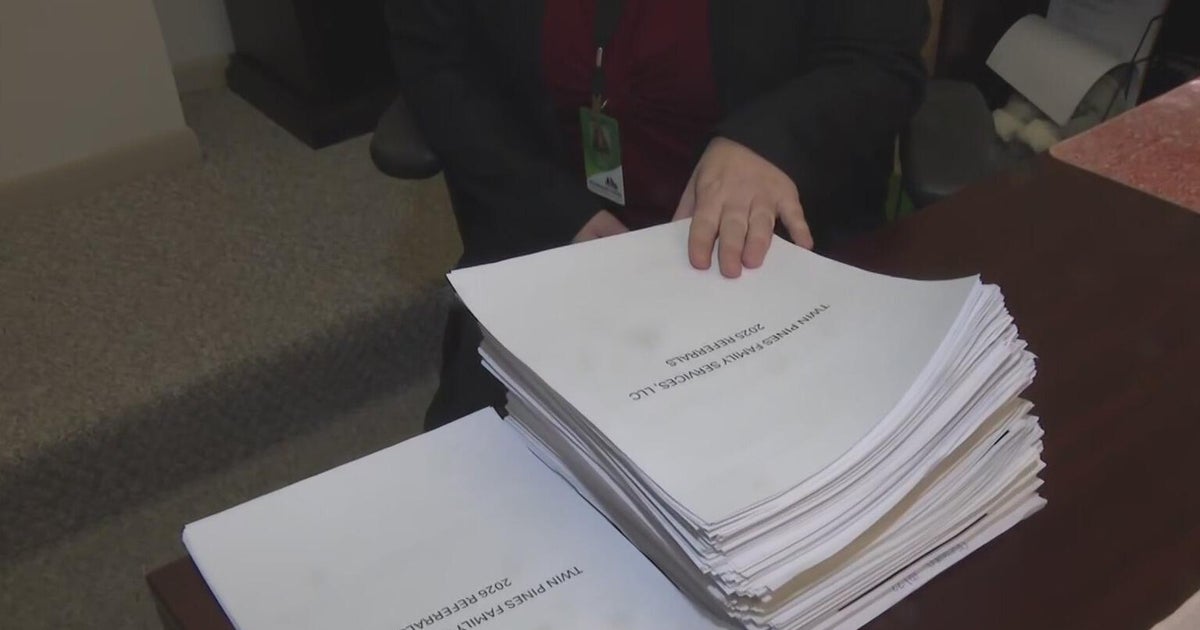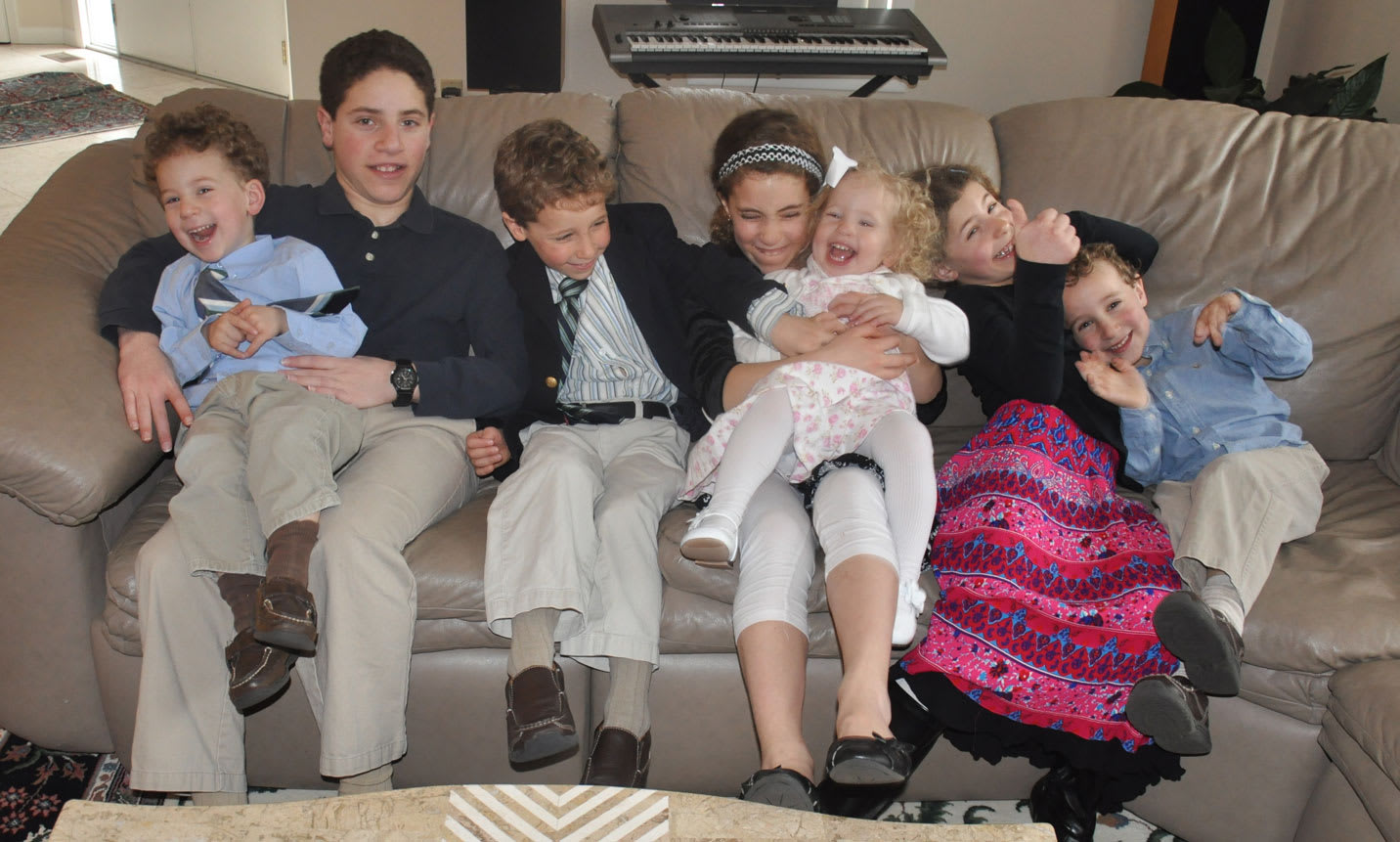Family money is now behind 1 in 5 home purchases
Baby boomers in America have a problem: They're paying too much for their grown-up children's new homes.
One in five home purchases in the U.S. is made possible by a parent's financial support, according to a report out Wednesday from Legal & General, a financial services company based in the U.K. Collectively, U.S. parents gave or lent $47 billion dollars to children last year, enabling 1.2 million purchases.
"If it really were a business, the Bank of Mom and Dad would be a top ten mortgage lender, the seventh biggest in America," the report said.
That's another way of saying homeownership is out of reach for many young people -- and those who don't have family members to turn to for help are often out of luck.
Kelly Schoenfelt, a research lab technician in Chicago, didn't use family money when she started searching for homes around 2013. But she had that option, which made the search less stressful, Schoenfelt told CBS News.
"The real difference it made to me was knowing that if there was an issue with how much the closing was going to cost, I was covered," she said. "It also made a difference knowing that if something happened right away, like the water heater giving out, I didn't need a rainy day savings right at the start."
A year after she started looking, Schoenfelt bought a home in the Chicago suburb of Homewood, where she still lives.
The down payment is the biggest hurdle to a home purchase. Many renters who would be able to meet monthly mortgage payments can't qualify for a mortgage because they're unable to save the 20 percent or so of a home's sale price.
In some markets, homebuyers are also competing with cash-rich investors whose purchases don't require mortgage approvals and even corporate buyers that turn around and rent the homes to families who might otherwise buy them. That's causing affordability problems from Atlanta to Denver and, on the West Coast, has been associated with a rise in homelessness.
The median existing home sells for $286,000, according to the National Association of Realtors. That rises to $311,000 in the Northeast and nearly $400,000 in the West, which are also the regions where parents are most likely to contribute homebuying money. Newly built homes are even pricier. Those figures mean a family would need to have between $57,000 and $79,000 on hand to secure a conventional mortgage.
Some programs allow first-time or lower-income homebuyers to put down a smaller payment, but with nearly 60 percent of Americans unable to cover a $1,000 emergency expense, it's clear than any sort of down payment is out of reach for many.
In that sense, generous parents are meeting a real need, the Legal & General report concludes. But like the one in six parents who contribute to their adult kids' rent or grocery bills, their good deeds also strengthen existing social and generational divides.
"The Bank of Mom and Dad enables the transfer of assets to the younger generation, but that only works if you have money to start with. What you end up getting is this increasing inequality across generations," said John Godfrey, director of corporate affairs at Legal & General. "It makes it that much harder for people to be self-made and successful."
The younger generation seems to have absorbed the message. While just one-fifth have actually benefited from family money when buying a house, the report found that more than half of people under 35 ultimately expect to.





